Most pet owners only take their pets to the vet when they noticed that they are sick or when pet emergencies have happened. If you think that you should only go to the vet when your fur babies are feeling unwell, think again! As a responsible pet owner, you shouldn’t restrict your pet from getting the best medical service available to make sure that they are at their best health as they can be!
There are several reasons why you should bring your pet to the vet even though they may appear healthy. Here are 5 important reasons you should know as to why vet visits are so important for your fur babies even though they look healthy:
1. Pets need their annual check-ups
Just like humans go to the hospital for vaccinations and routine health check-ups, your fur babies also need their vaccines and annual check-up too! Taking your pet to the vet annually or how regularly they need it is essential at every life stage. Even the first time you bring them home, especially if they’re young, they need a special set of exams and vaccinations especially if you don’t know their medical history. And as your pets age, they’ll be more prone to develop illnesses that require special treatment.
A yearly visit is also a good time for your vet to do a physical exam on your fur babies. This includes taking their temperature, weight, and checking their heart, lungs, stomach, teeth, eyes, ears, skin, and coat. It’s also important to maintain these yearly visits so your vet can maintain knowledge and a good relationship with your pet and make them feel familiar and comfortable with the vet.
These are some essential things you should consult your vet for your pet’s growth and development:
- Vaccinations

Keeping your pet up-to-date with vaccinations is one of the top reasons why your pets should have annual visits to the vet. Vaccinations are important because they protect your pet against serious illnesses, and help keep other pets in your house safe (if you have multiple pets). Many pets are at risk because their owners haven't been following up on vaccinations. Puppies or kittens are required to have their necessary vaccinations at 6 to 8 weeks of age with subsequent boosters given every 2 to 4 weeks, until 16 weeks of age or older. Following this primary series of vaccinations, a booster would be given 12 months later, with subsequent boosters given every 1 to 3 years depending on your pet’s condition and lifestyle. It is important to communicate with your vet about the best vaccination schedule for your pet.
- Spaying/Neutering

Cats and dogs should be spayed/neutered at around 6 months of age before their first heat cycle or before they develop any behavior such as urine spraying or wandering. The earlier the pet is spayed/neutered the more the health benefits they could get. But don’t worry, it’s never too late to do this even if your pet is already an adult. This could still stop unwanted pregnancies at their old age and also unwanted behaviors. It is usually held in the morning, and your pet would simply be required to stay at the clinic for the day and then return home the same evening after the surgery.
Here's Top 9 Reasons Why You Should Have Your Pets Spayed or Neutered and How to Care for Your Pets After Spaying that you can check to learn more!
- Microchipping
Microchipping and licensing are mandated by the AVS for all dogs residing in Singapore. This is to trace them when they get lost and also when there’s an outbreak of a deadly virus like rabies. This ensures that your fur babies can be traced and returned to you if it ever goes missing and is brought to a vet clinic, neighborhood police post, the AVS’ Animal Management Centre (AMC), or the SPCA!
A permanent tiny glass bead that resembles a rice grain is implanted under your pet’s neck skin. A microchip scanner is unique to the pet and databases are maintained by the AVS for all licensed pets and by microchip manufacturers. And there’s no need to worry about having a foreign object put inside your pet’s body for the microchip is coated with a non-slip material to ensure that it doesn’t move away from where it is implanted and will not be rejected by the body for it is made to last longer than the lifespan of your pet. The insertion of a microchip is also non-invasive and usually does not require anesthesia, but kittens and puppies are advised to be at least 8 weeks old or weigh 900g.
Check out What to do if you encounter a lost pet to learn more!
- Fleas & Ticks
As soon as you spot a flea or a tick in your pet, you should at least call your trusted vet especially if you’re a first time pet owner for it can actually cause serious diseases in the long run! Fleas serve as an intermediate host for tapeworm larvae and can cause an intensely itchy skin reaction when they suck blood from your pet, while ticks are carriers of several bacteria and protozoa that can cause disease to both your pets and even us humans! These illnesses include Tick Fever and Lyme Disease which are often difficult to diagnose and treat. As such, it is important to prevent ticks as soon as possible!
Here's 7 Tips on How to Prevent Flea and Tick Bites on your Pets to learn more on how to prevent them!
- Dental check-up

Like humans, the mouth of your pet contains plaque which is a sticky mixture of mucus, numerous bacteria, and food particles that coat the teeth and the narrow space between the teeth and the gum. If not removed by regular brushing, the bacteria convert plaque to hard mineralized tartar that can’t easily be removed even with brushing. A build-up of tartar then leads to painful gum infection, loosening of the tooth, tooth loss, and even the destruction of the jawbone.
80% of dogs and 70% of cats have some level of gum disease by the age of 3. This is why annual dental check-ups are very important to detect teeth and gum problems at their early stages and prevent dental them for periodontal disease has hardly any signs of pain at all until it has developed into painful, inflamed, and infected gums with incredibly smelly breath! Regular dental cleanings by your vet will maintain your pet’s teeth and gums in a healthy, pain-free state, preventing the onset of periodontal disease.
Here's 6 Tips to Improve Your Pet’s Dental Health to learn more on how to take care of your fur baby's teeth!
2. To prevent simple illnesses become worse
Prevention is always a much better option than treatment! Just as we saw from the previous one, illnesses start small and get serious when not detected at their early stages! Your pets can be these little explorers and it’s certainly possible they may encounter one or more of these common medical conditions as they explore including ear infections, urinary tract infections, bacterial infections, skin allergies, arthritis, and intestinal issues.
Make sure to watch any abnormal and unusual signs you may see in your pets especially if you suspect that they might be sick so you can share them with your veterinarian. Remember to note when the symptoms began and if they began after a particular situation like playing outside or after eating something. Preventive care is one of the easiest and most effective ways to maintain your pet’s good health which will contribute to your pet’s happiness and mental well-being in the long run!
3. Pets usually hide symptoms of their illnesses

Your pets, whether a dog or a cat, tend to be good at hiding their pain or any illnesses they may have. This is why as pet owners, you should always monitor and observe your pet and take them to a proper vet clinic to get a diagnosis as well as treatment for your fur babies as soon as possible! You may not be aware of what your pet is feeling, but your vet can help you know them early. Your pet could have a serious illness for years and you may never find out until the day the illness gets worse and causes your pet to die. Of course we don’t want that! Going to the veterinarian if you noticed your pet seems acting unusual can end up saving their life in the long run!
4. To save money in the long run

Many owners prefer to avoid the veterinarian because high medical bills starts to pop up on their heads! But remember, you can earn your money back but you can't bring your pet back to life when they die! Although I understand that making appointments to take your pet to the vet can sometimes be a hassle and can be costly depending on what service your pet has to have. But if you think long-term, don't you think you can save up more money than ending up paying for costly surgeries when your pet's illness gets serious? The vet bills will pile up if you neglect taking your pet to the vet as needed. If your pet goes months or even years without getting a check up, your pet may have an illness that you won't know that is steadily getting worse and you could end up with a bill that's ten times the amount it could have been if your pet is checked by the veterinarian earlier. It's better to get the vet visit done and over with than risking your fur baby's precious life!
Here's 7 Tips You Can Do If You Can't Afford Vet Care in Singapore to learn more!
5. To be more educated about your pet

Isn't it more informative to get necessary information to those who studied professionally than google them and see lots and lots of results that might just confuse you? Vets would be willing and joyful to share their knowledge for every pet in need! Don't hesitate to call even when the symptom doesn't look that serious. Whenever you visit the vet, they will give you lots of information about whatever your pet has or may contract and what medical issues are possible according to their breed. A very valuable information like this can help you become more knowledgeable about your pet’s food, medication, actions, and even help you be able to make a quick possible diagnosis if your pet is acting strange. Get every valuable knowledge you can get from your trusted vet and be ready for every situation that may happen for your pet's sake!
Conclusion
The main point is actually quite simple: Vet visits are still very essential for your pet even when they appear to be healthy! It is to avoid possible serious conditions or small illnesses like one flea or tick on your fur babies to get fatal and avoid endangering their life! After all, don't we love our fur babies so much that we surely want them to enjoy life to the fullest? Routine visits also help vets determine how your pet is progressing through life and may also pick up on any underlying conditions your pet may be suffer with later on. If your dog or cat has a serious issue that you aren't aware of, your veterinarian can usually spot the problem and either correct it, or slow the condition down. That is why taking your pet to the vet is important and should not be overlooked. Save up and save them from any medical condition that may hinder them from enjoying a happy life!
Feel free to share this with your fellow pet owner friends who might need this information right now! You can also leave a comment down below about the importance of vet visits and your experiences, we would also love to read them!
Sign up to our newsletter down below & follow us on Instagram @sgsmartpaw to stay up to date with our weekly blog articles!
References

Rose Hazel San Diego
Hazel loves pets & she has owned cats, dogs, & even hedgehogs! She also fosters cats & dogs in need around her area. With her social media & copywriting background, she gladly shares her knowledge of pets through these articles!
Most Recent Articles
5 Ways to Protect Your Pet from Singapore’s Humidity This Rainy Season
Singapore’s rainy season is here — and while we’re enjoying the cool, cozy weather, our pets are quietly battling the sticky side of humidity. From itchy skin and smelly fur to ear infections and h...

Cat Litter in Singapore: Types, Pros & Cons Explained
Choosing cat litter isn’t one-size-fits-all. This Singapore-focused guide breaks down clumping & non-clumping clay, silica crystals, tofu, wood pellets, and paper—how they work, their real-worl...

7 Pet-Friendly Malls in Singapore Every Pawrent Should Know About
Shop, dine, and stroll with your furkid at 7 pet-friendly malls across Singapore—think dog parks, pet lifts, alfresco cafés, and more. Our Smartpaw guide maps the best spots and shares quick tips f...


















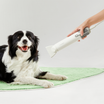


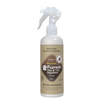
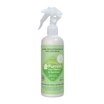
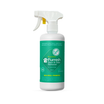
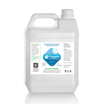




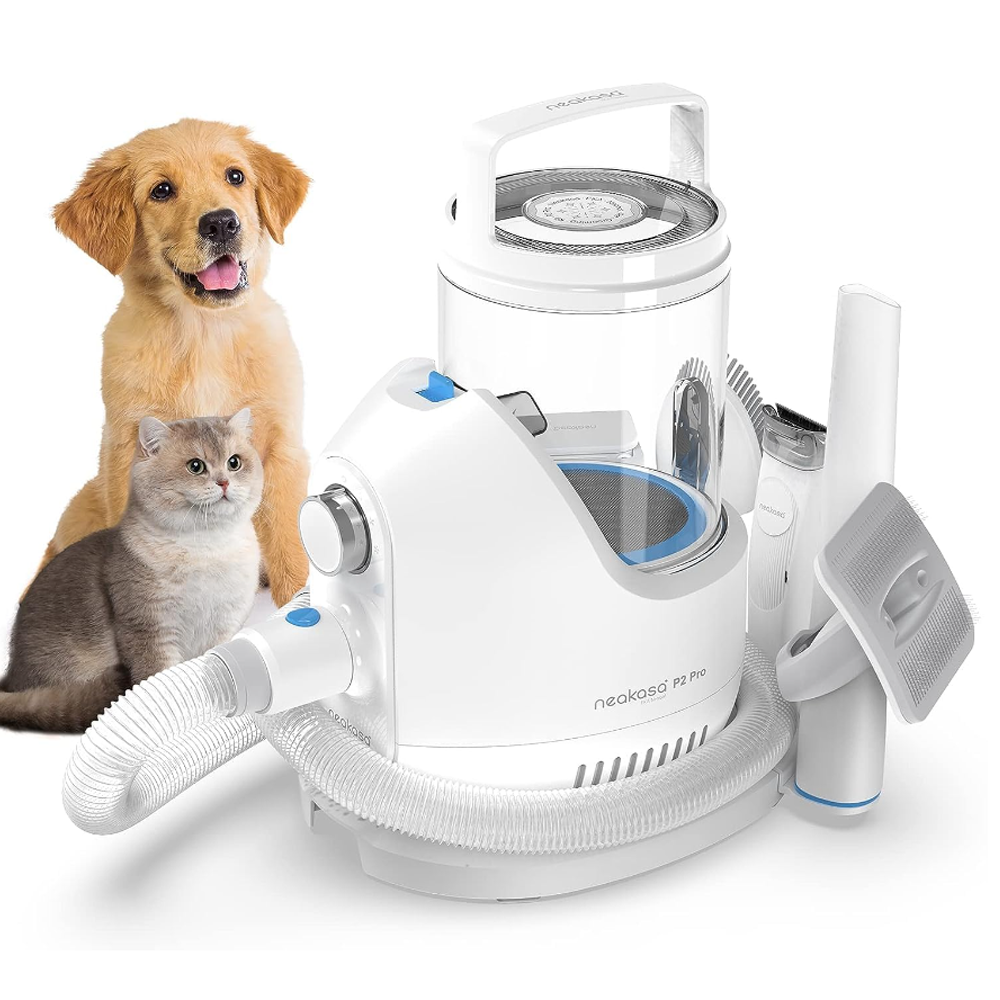
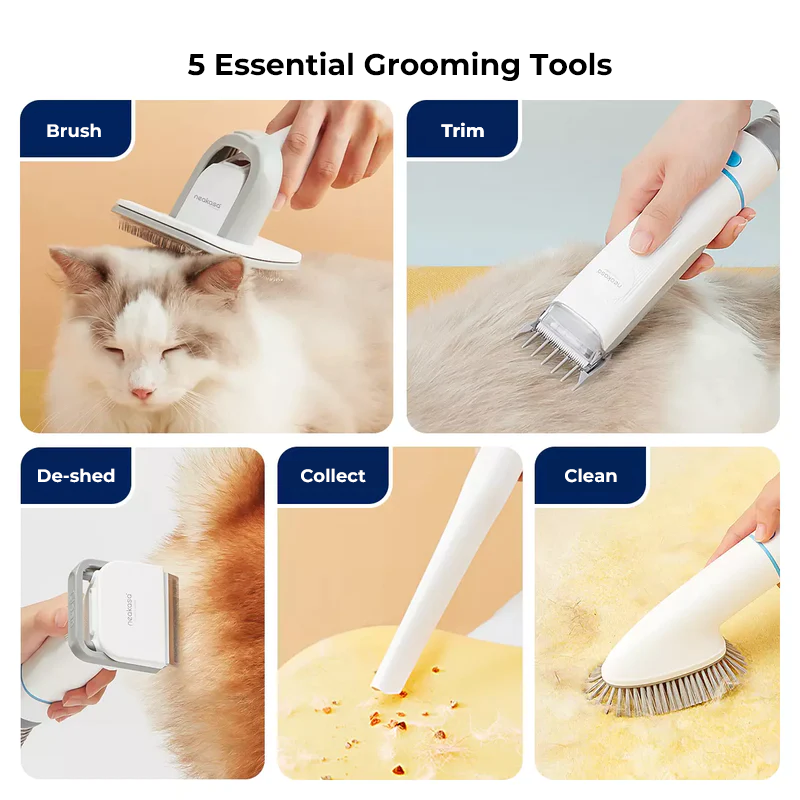
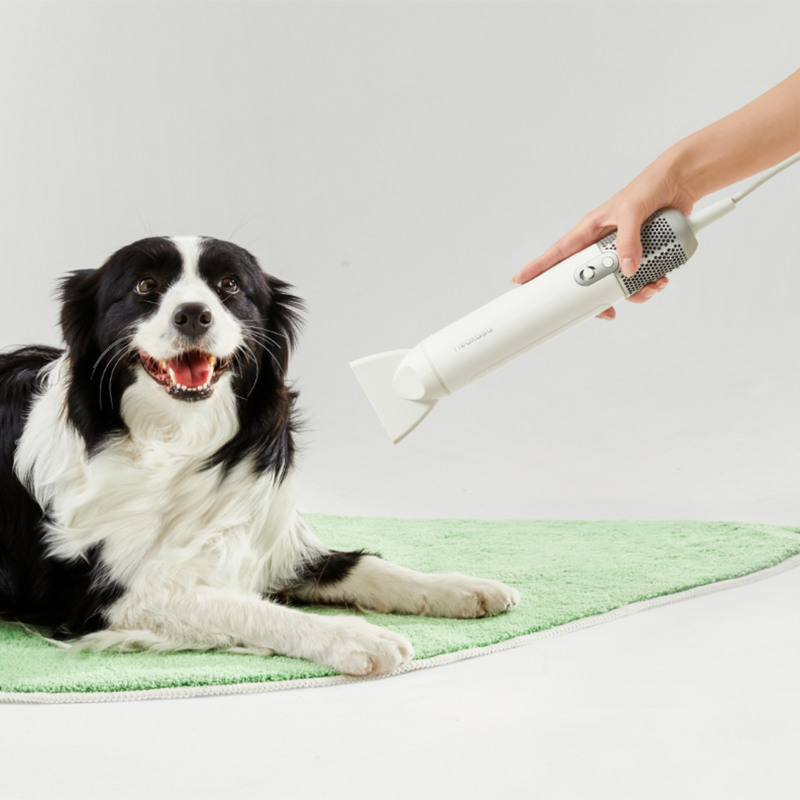

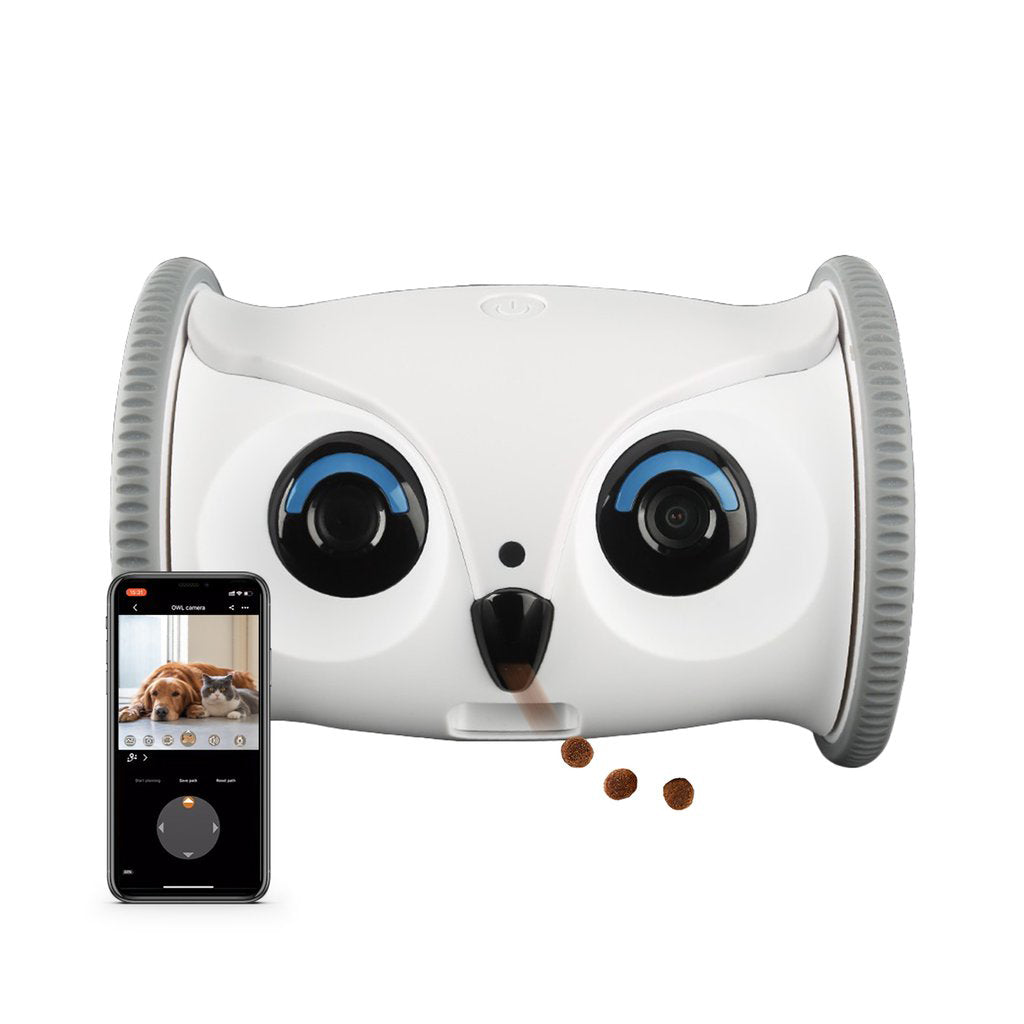
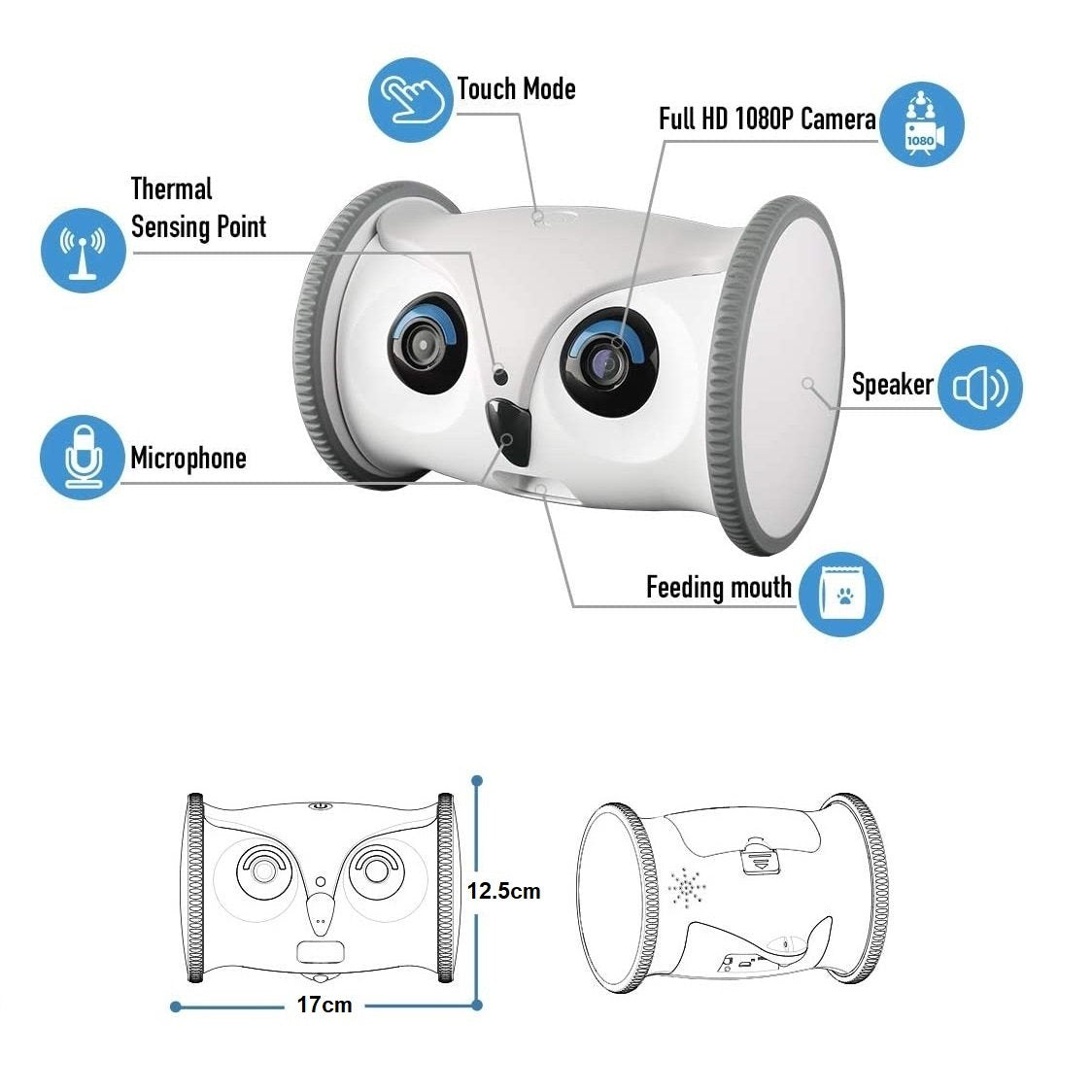














Leave a comment
All comments are moderated before being published.
This site is protected by hCaptcha and the hCaptcha Privacy Policy and Terms of Service apply.